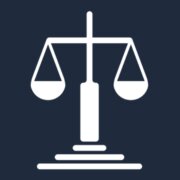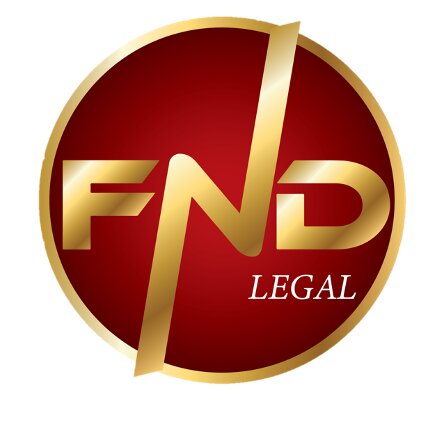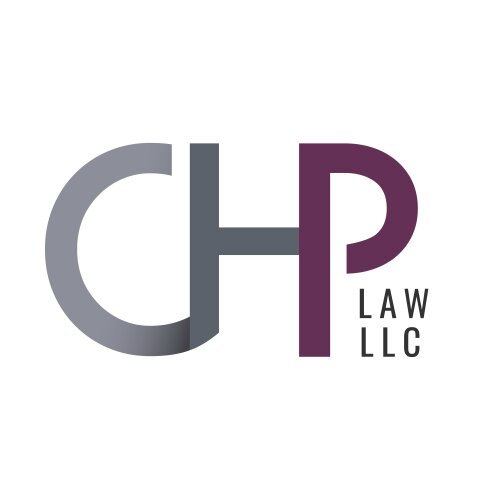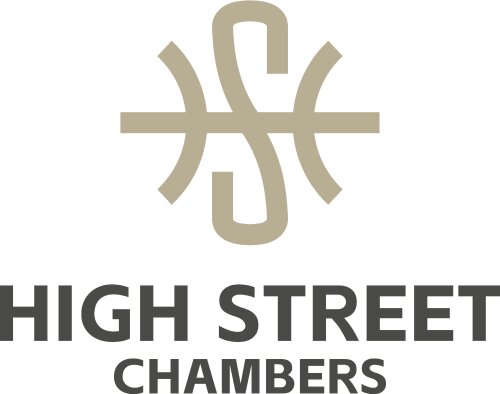Best Child Abuse Lawyers in Singapore
Share your needs with us, get contacted by law firms.
Free. Takes 2 min.
Free Guide to Hiring a Family Lawyer
Or refine your search by selecting a city:
List of the best lawyers in Singapore
About Child Abuse Law in Singapore
Child abuse in Singapore is a critical issue addressed through a combination of robust legislative frameworks and dedicated agencies. The Singapore Government takes a stringent approach to safeguard children, preventing abuse and neglect through systematic enforcement and community support. Child abuse encompasses physical, sexual, emotional abuse, and neglect, and can occur in various settings including homes, schools, and childcare facilities. Cases of child abuse are governed under the Children and Young Persons Act and the Women’s Charter, among other legislations, ensuring the protection and welfare of minors.
Why You May Need a Lawyer
There are a number of situations where obtaining legal advice may be necessary in cases of child abuse:
- If you are a victim of child abuse seeking justice and protection.
- For navigating the court system and understanding the legal processes involved in child abuse cases.
- If you are wrongfully accused of child abuse and require defense representation.
- To facilitate custody and protection orders in family court situations.
- If you are a mandated reporter unsure about your legal obligations and protections under the law.
Local Laws Overview
The key laws governing child abuse in Singapore include:
- Children and Young Persons Act (CYPA): This is the main legislation that protects children and young persons up to 16 years old from abuse and neglect. It gives the State broad powers to intervene in cases of child abuse to ensure the safety and welfare of children.
- Women’s Charter: Provides protection against family violence and includes provisions for Personal Protection Orders (PPOs) to safeguard children.
- Penal Code: Addresses punishable offenses related to physical and sexual abuse, detailing specific acts that constitute criminal behavior against children.
- Mandatory Reporting: Certain professionals, including doctors and educators, are required by law to report suspected cases of child abuse.
Frequently Asked Questions
1. What constitutes child abuse under Singapore law?
Child abuse covers physical, emotional, sexual abuse, and neglect. It includes acts that cause harm or threaten the wellbeing of a child.
2. What should I do if I suspect a child is being abused?
Immediately report to the police or the Ministry of Social and Family Development (MSF) Child Protective Service if you suspect a child is being abused.
3. What is a Personal Protection Order (PPO)?
A PPO is a court order intended to protect victims of family violence, including children, by imposing restrictions on the abuser's behavior.
4. Can anonymous reports be made about child abuse?
Yes, you can report child abuse anonymously, but providing contact information may assist in the follow-up process and protection of the child.
5. What are the penalties for child abuse in Singapore?
Penalties vary based on the severity of abuse and can include fines, imprisonment, or both under various statutes like the Penal Code and CYPA.
6. How does the government support abused children?
Governmental support includes counseling, sheltered housing, and legal assistance through social services and child protection teams.
7. Are there rehabilitation programs for offenders?
Yes, programs focusing on rehabilitation and counseling services are available for offenders to address abusive behavior.
8. How can a lawyer help in a child abuse case?
A lawyer provides legal advice, representation in court, assists in filing PPOs, and helps navigate legal proceedings related to child abuse.
9. What roles do healthcare professionals play in combating child abuse?
Healthcare professionals are mandated reporters and play a crucial role in identifying and reporting cases of suspected abuse.
10. Can legal proceedings related to child abuse be settled outside of court?
Some cases may be resolved through counseling and mediation, but serious cases often proceed to court for a legal resolution.
Additional Resources
For further assistance and resources, consider reaching out to the following:
- Ministry of Social and Family Development (MSF): They provide comprehensive child protection services.
- Singapore Children’s Society: Offers services and support for abused children.
- Legal Aid Bureau: Provides legal assistance for those in need.
- Child Protection Specialist Centres: Provide specialized support and interventions for child abuse cases.
Next Steps
If you need legal assistance regarding child abuse in Singapore, consider the following steps:
- Contact local law enforcement if it is an urgent case.
- Reach out to child protection agencies like MSF for immediate support.
- Consult with a lawyer experienced in family or criminal law to discuss your situation.
- Gather evidence, documentation, and reports that can support your case.
- Explore counseling services for emotional and psychological support.
Lawzana helps you find the best lawyers and law firms in Singapore through a curated and pre-screened list of qualified legal professionals. Our platform offers rankings and detailed profiles of attorneys and law firms, allowing you to compare based on practice areas, including Child Abuse, experience, and client feedback.
Each profile includes a description of the firm's areas of practice, client reviews, team members and partners, year of establishment, spoken languages, office locations, contact information, social media presence, and any published articles or resources. Most firms on our platform speak English and are experienced in both local and international legal matters.
Get a quote from top-rated law firms in Singapore — quickly, securely, and without unnecessary hassle.
Disclaimer:
The information provided on this page is for general informational purposes only and does not constitute legal advice. While we strive to ensure the accuracy and relevance of the content, legal information may change over time, and interpretations of the law can vary. You should always consult with a qualified legal professional for advice specific to your situation.
We disclaim all liability for actions taken or not taken based on the content of this page. If you believe any information is incorrect or outdated, please contact us, and we will review and update it where appropriate.
Browse child abuse law firms by city in Singapore
Refine your search by selecting a city.














